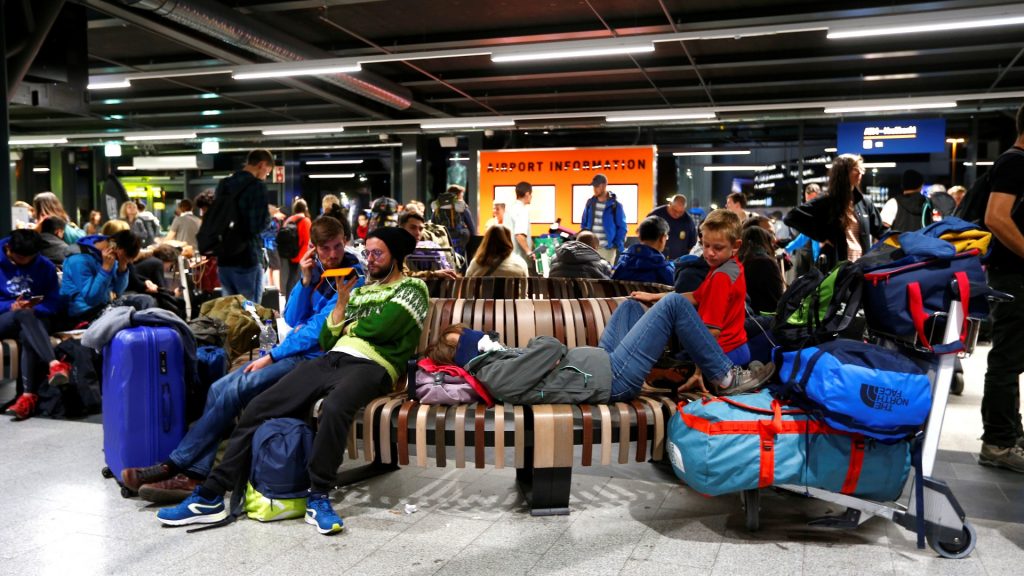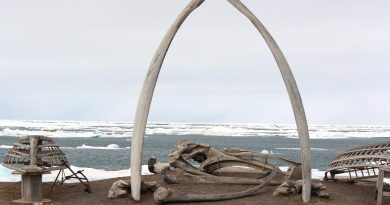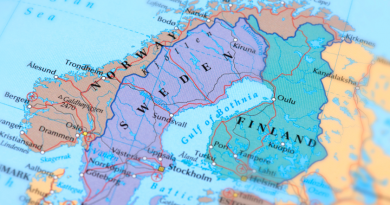Icelandic government proposes bill for stricter COVID-19 border measures

The Icelandic Government has proposed a bill with new border measures to help tamp down the domestic spread of COVID-19.
The new proposed measures would bolster quarantine requirements and restrict travel from countries identified as risk zones.
Travellers arriving from countries where the 14-day domestic infection rate exceeded 1,000 cases per 100,000 people would be required to stay in quarantine facility upon arrival in Iceland.
The bill would also allow Iceland’s minister of the Interior to ban non-essential travel from countries designated as risk zones, defined again as having a 14-day domestic infection rate exceeding 1,000 cases per 100,000 people.
The current rules on certificates and border testing would stay in place.
Currently, those who have vaccination certificates or proof of prior COVID-19 infection are required to have only a single COVID-19 test at the border, and then quarantine at their residence until the result is available.
For others, a test at the border is followed by a five-day quarantine followed by a second test.
Border positives steady, domestic infections increasing
In a news release on Tuesday, the government said in anticipated relaxing these border measures on June 1 for countries designated as low risk.
As of Thursday, Iceland was reporting 29.2 domestic infections per 100,000 people (up from 16.1 last week), and 5.2 cases per 100,000 people at the border.
Write to Eilís Quinn at eilis.quinn(at)cbc.ca
Related stories from around the North:
Canada: Arctic Tourism & the Pandemic podcast, Eye on the Arctic
Finland: Mysterious coronavirus variant in Arctic Finland is rare US-Mexican strain, Yle News
Denmark/Greenland: Greenland authorities buoyed by high demand for COVID-19 vaccine, Eye on the Arctic
Iceland: With tougher border rules appearing to work, Iceland to relax some domestic restrictions, Eye on the Arctic
Norway: Norway extends border closure with Finland due to pandemic, The Independent Barents Observer
Russia: Norway closes borders over fears of virus, but exempts Russian fishermen from severely infected border region, The Independent Barents Observer
Sweden: COVID-19 strategy darkens Sweden’s image in the Nordics, Radio Sweden
United States: Alaska politicians send Trudeau letter saying they’re “shocked” over Canada’s COVID-19 cruise ship ban, Eye on the Arctic



